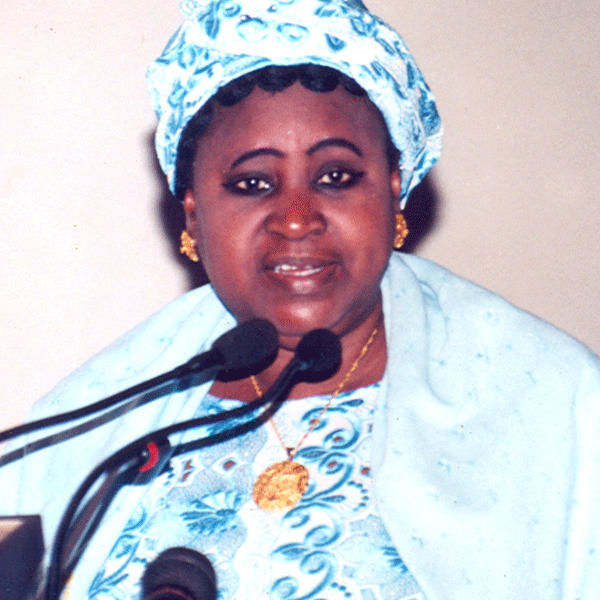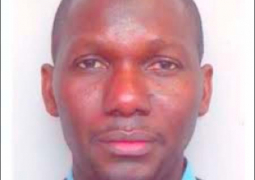
Her Excellency, the Vice President and Chairperson of the National Disaster Management Committee, Dr Ajaratou Isatou Njie-Saidy, has said that The Gambia is ranked 24th among the developing countries at high risk of disaster.
The Vice President made these remarks at the opening of a three-day workshop on the launching of the development and updating of the oil spill contingency plan for The Gambia.
Speaking on the occasion, Vice President Njie-Saidy said The Gambia is among the 100 countries that are vulnerable to climate change effects globally.
"The
According to Vice President Njie Saidy, The Gambia is vulnerable to climatic variations due to physical architecture of the country coupled with a high population density.
"These pressures need to be released through better planning and co-ordination. An oil spill will add to such pressures. An effective and well simulated Oil Spill Contingency plan will serve to release the growing pressures of vulnerability in the country," Vice President Njie-Saidy added.
For his part the Secretary of State for Local Government and Lands, Ismaila Sambou, expressed the need for preparedness to address regularly and play aggressive roles to ensure that there is proper care on how to work around the oil spill and other related areas.
"Although we have been relatively fortunate in The Gambia, we should take a very aggressive role in ensuring that we are prepared and the issue should be regularly addressed. Most of the industrial labour still requires a high input of manual labour from loading and offloading often materials not considered harmful such as cement, flour etc without any respiratory protection. It is obvious that long term health problems will develop," he said.
For Secy. Sambou, Disaster Management should not only be seen as a national issue but an important issue in international relations.
"Today disaster management should not only be seen as a national issue but an important issue in international relations because globalization has opened up channels for trade and movement of goods and people. Thus we all have to co-operate to both mitigate and respond to disasters," he said, adding that prevention is the best method to control any disaster.
Read Other Articles In Article (Archive)
Activista Calls For More Food Production
Oct 23, 2009, 4:43 PM


